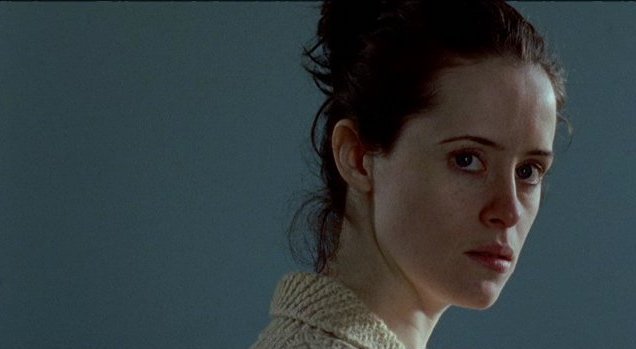
Dictynna Hood’s debut feature film Wreckers (2011) is an unflinching portrait of a family unit undone by years of trauma. Wreckers was a relatively early vehicle for stars Benedict Cumberbatch and Claire Foy as David and Dawn, a young married couple. There’s a youthful energy and feeling of rebellion that one associates with a debut which permeates Wreckers, adding to the dramatic urgency of the narrative. For all of the pastoral landscapes in the film, Wreckers is an actor’s movie; one of intimacy and closed emotional spaces.
The plot centers on David and Dawn as well as David’s estranged brother Nick (Shaun Evans). The married couple returns to the village where David grew up only for Nick to re-open old wounds that gradually split the couple apart. Nick, the catalyst for this melodrama, works as a narrative device in two ways.
First of all, Nick’s inability to escape his past and his constant need to relive it work as a means by which Dawn may journey into David’s own past and thusly redefine her relationship to David. Nick’s emotional volatility and Dawn’s reaction to it transforms David from protagonist into antagonist in a story that is still very much about how he and Dawn define their marriage. Essentially Nick is a filter or conduit between Dawn and David; he only really exists as a reflection of David and Dawn.
These descriptions make Wreckers sound like a pretty simplistic affair but that couldn’t be further from the truth. As a filmmaker Dictynna Hood clearly privileges the journey or process undertaken by her characters as opposed to the spectacle of the end results. That is to say that Hood lives with her characters in a scene, allowing the camera to rest and simply observe them thinking or being. Hood’s approach to directing is the most compassionate form of filmmaking. It’s as if every scene is a chance for the actors, as much as the characters, to rediscover themselves and share that discovery with us.
